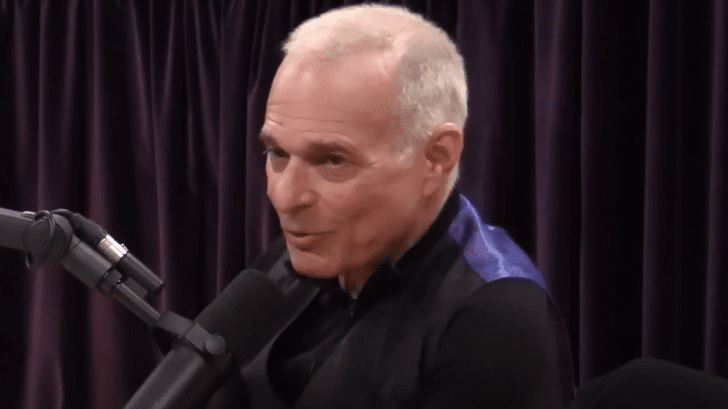David Lee Roth, iconic frontman of Van Halen, has delved into the age-old theme of selling one’s soul to the devil in his latest track, ‘The Sh*t That Killed Elvis.’ Released on his official YouTube channel, the song is part of a collection of recordings titled ‘The California Sessions,’ featuring renowned guitarist John 5, drummer Gregg Bissonette, and keyboardist Brett Tuggle.
The origins of the song date back to 2007 when Roth and John 5 collaborated on these recordings.
Roth revealed during a 2013 interview with Rolling Stone that ‘The Sh*t That Killed Elvis’ was initially intended for a theatrical production titled ‘Somewhere Over the Rainbow Bar and Grill.’
Describing the concept, Roth explained:
“It’s autobiographic. ‘Somewhere Over the Rainbow Bar and Grill’ is the opening theme song, and it’s about an Indiana kid who goes to sleep — think the Wizard Of Oz — and the characters in his life, the butcher, the baker, and the newspaper guy, pop out of posters and sing him a song called ‘Giddy-Up!’”
View this post on Instagram
As the narrative unfolds, the protagonist explores life’s pleasures, including the discovery of rock music in the ’60s.
However, the story takes a dark turn when the character sells his soul to the devil, leading to the track ‘The Sh*t That Killed Elvis.’ Roth humorously mentioned his own pair of ‘Alligator Pants,’ a reference from the musical, emphasizing the theatricality of the production.
The recently released song, ‘Manda Bala,’ is part of this collection and offers listeners a glimpse into Roth’s creative exploration of timeless themes. With its blend of rock elements and storytelling, ‘The Sh*t That Killed Elvis’ showcases Roth’s ability to weave engaging narratives within his music.
Both electric and acoustic versions of the track are available for fans to experience, providing a multifaceted glimpse into Roth’s artistic vision. As listeners dive into the song, they embark on a musical journey that combines Roth’s signature style with a thought-provoking storyline, underscoring the enduring appeal of his work.

